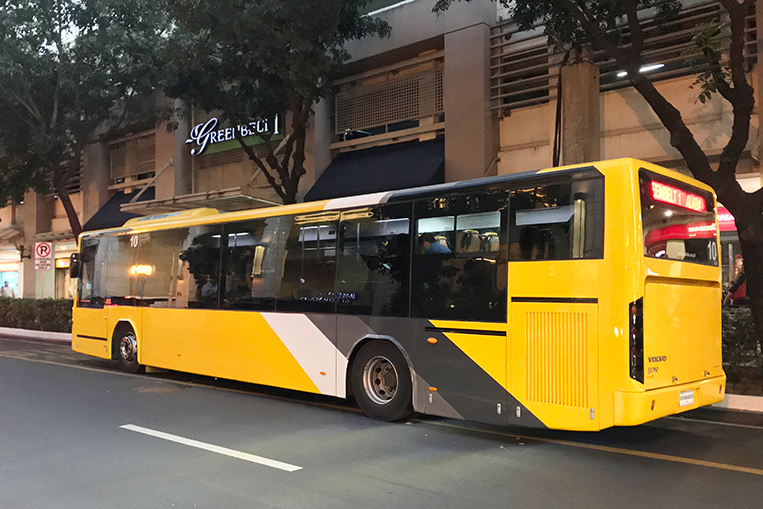
The introduction of point-to-point buses as a faster and more convenient travel option was well received by commuters when the service first launched about three years ago. The convenience of having a guaranteed seat on a modern bus—with a salaried driver who would get you straight from A to B—represented a pleasant change from being crammed into rolling death traps with suicidal rally pilots at the wheel. As a result, the service quickly grew in popularity, with more and more routes being added as time went on. Right now, however, it appears as if trouble may be brewing on the horizon, with service levels allegedly dropping and the number of customer complaints rising. Just what exactly is going on?
Our investigation has uncovered numerous complaints from passengers concerning a variety of alleged issues with Premium P2P buses. A common gripe seems to be that some buses are stopping along the route to pick up and drop off passengers like conventional carriers, defeating the purpose of being P2P vehicles and angering commuters who pay extra to enjoy a more convenient way of getting to work and back again. Other issues raised by unhappy travelers are overcrowding and problems with queues and slow service during pre-journey fare collection. Finally, a number of people have also voiced their dissatisfaction with the number of buses being made available and P2P services often not running on schedule, leading to commuters being either left behind or left waiting.
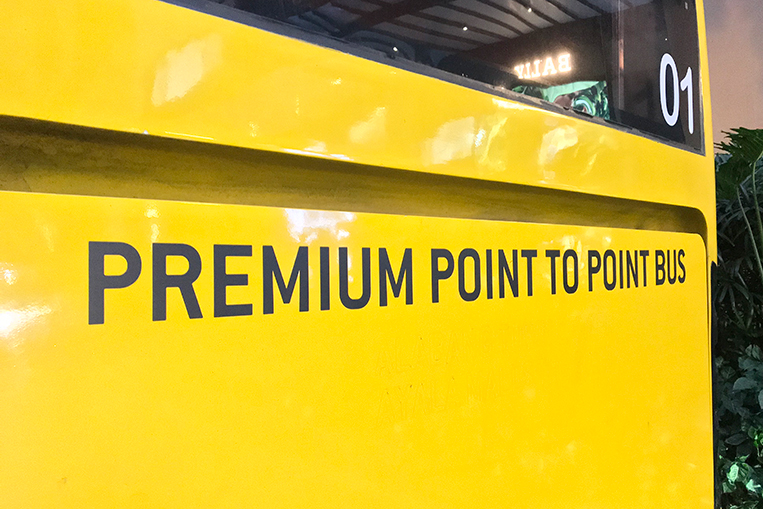
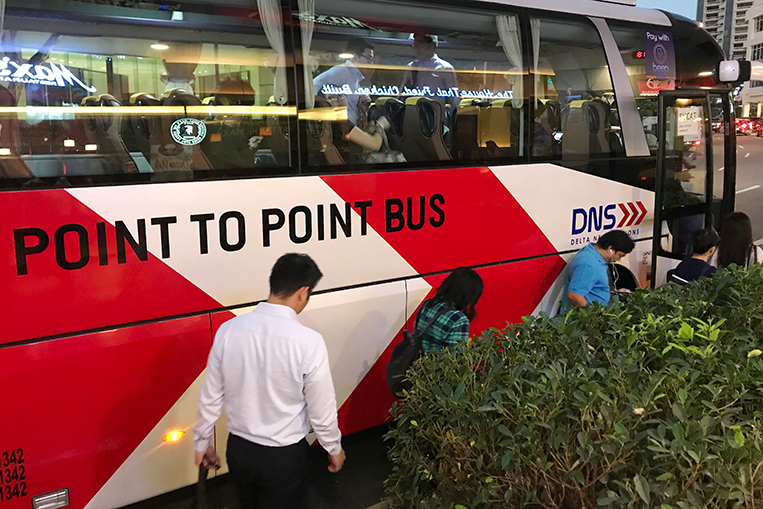
Running such a service perfectly on time in Metro Manila traffic sounds like an almost impossible task, so cutting operators a little bit of slack sounds like the fair thing to do. But apparently, sometimes the delays are beyond what a fare-paying passenger should have to tolerate and what government rules allow. One customer complains that the bus he was on—a P2P service departing from Vista Mall Alabang—did not leave on schedule and instead waited for an hour for more passengers to board. Another user mentions that even after two years of running a particular route, he still never knows if there will be a bus at any given time as route planning and scheduling remain poor.
One customer complains that the bus he was on did not leave on schedule and instead waited for an hour for more passengers to board
The Premium P2P service was first established through Department of Transportation (back then still called DOTC) Order 2015-018, with the government agency laying down a number of rules that operators must adhere to if they wish to operate such a service. The responsibility of enforcing these regulations falls upon the Land Transportation Franchising and Regulatory Board, which does so based on a set of implementing guidelines that stipulate how things should be run. Technically, then, most of the problems passengers seem to be facing shouldn’t be happening in the first place. The rules, for example, state that buses are not allowed to load or unload passengers outside of designated stops and that there must be no standing passengers onboard.
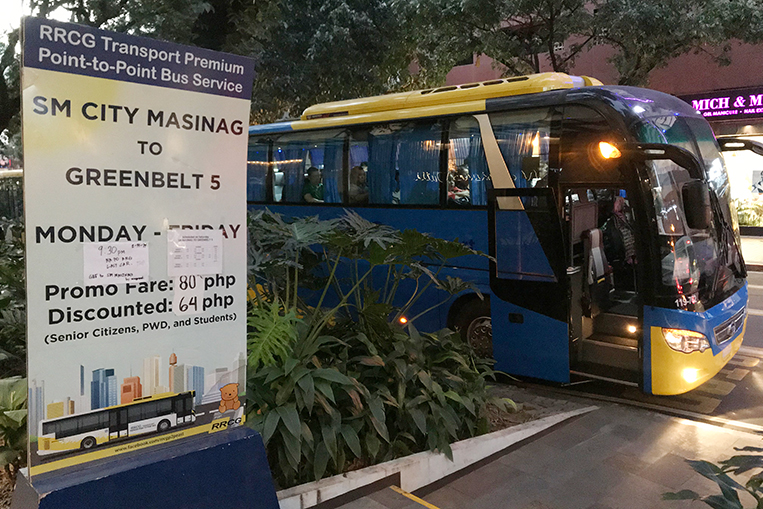
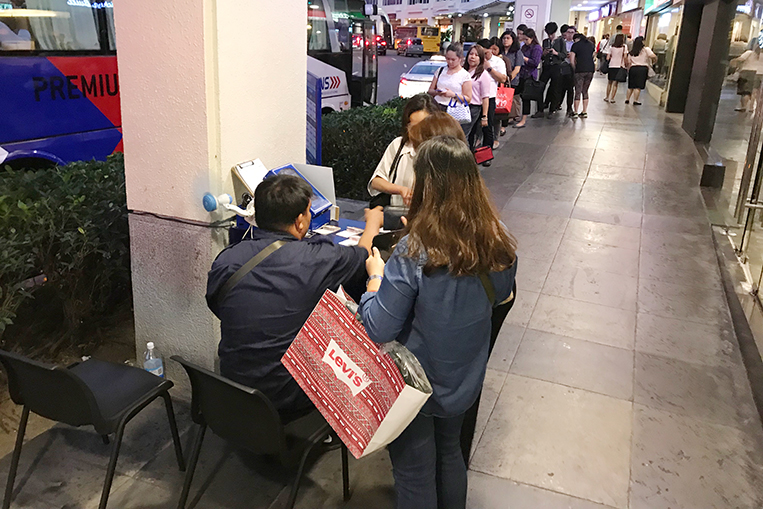
The concern here, of course, is that the level of service offered by P2P buses is gradually deteriorating until it eventually becomes just another bus service, without anything premium or point-to-point about it. From the numerous complaints we have seen and heard about, it appears as if LTFRB and DOTr would be well advised to take a closer look at the way the various routes are being run right now, and to ensure that all operators are really sticking to the rules. The P2P bus service has been a brilliant step in the right direction, but if the system is to succeed and continue to grow, then strict enforcement of its underlying rules is a must.
Let us know if you have other complaints about the service.




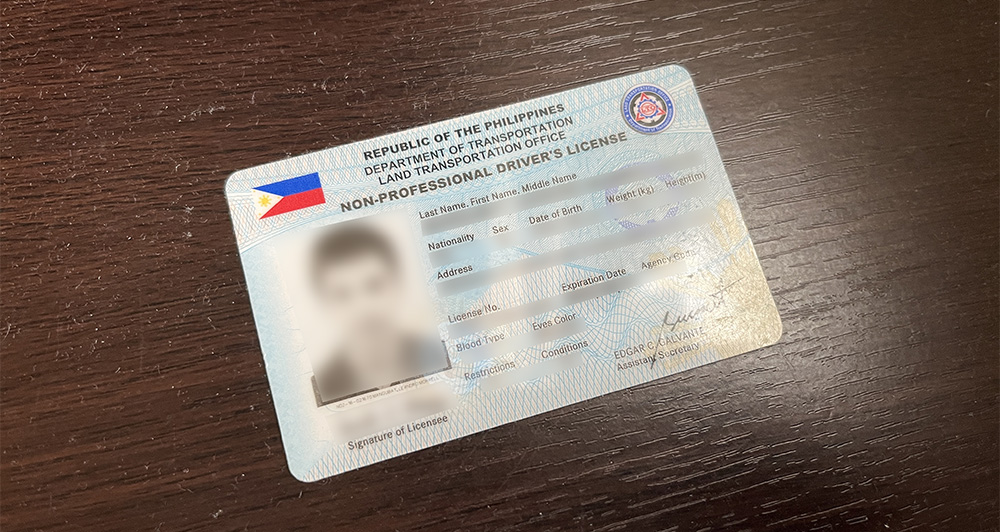




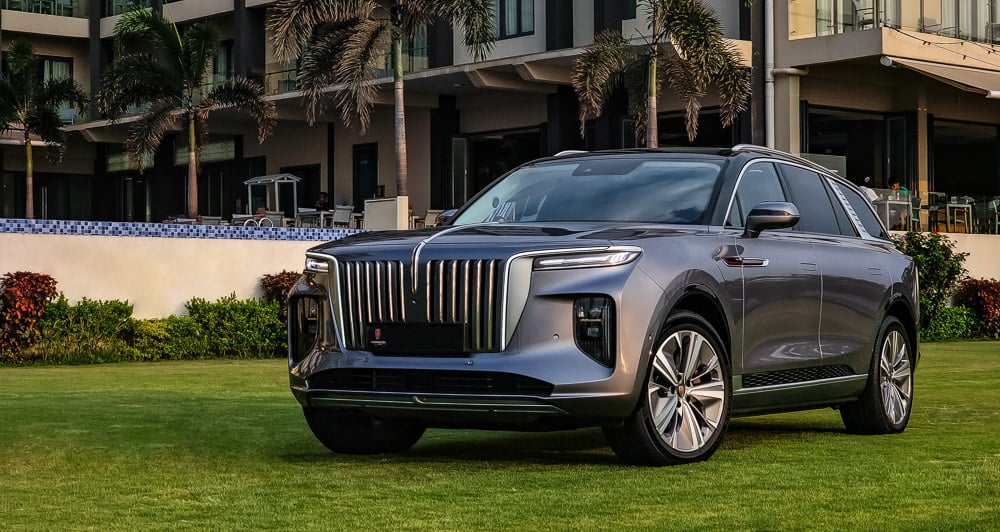

Comments